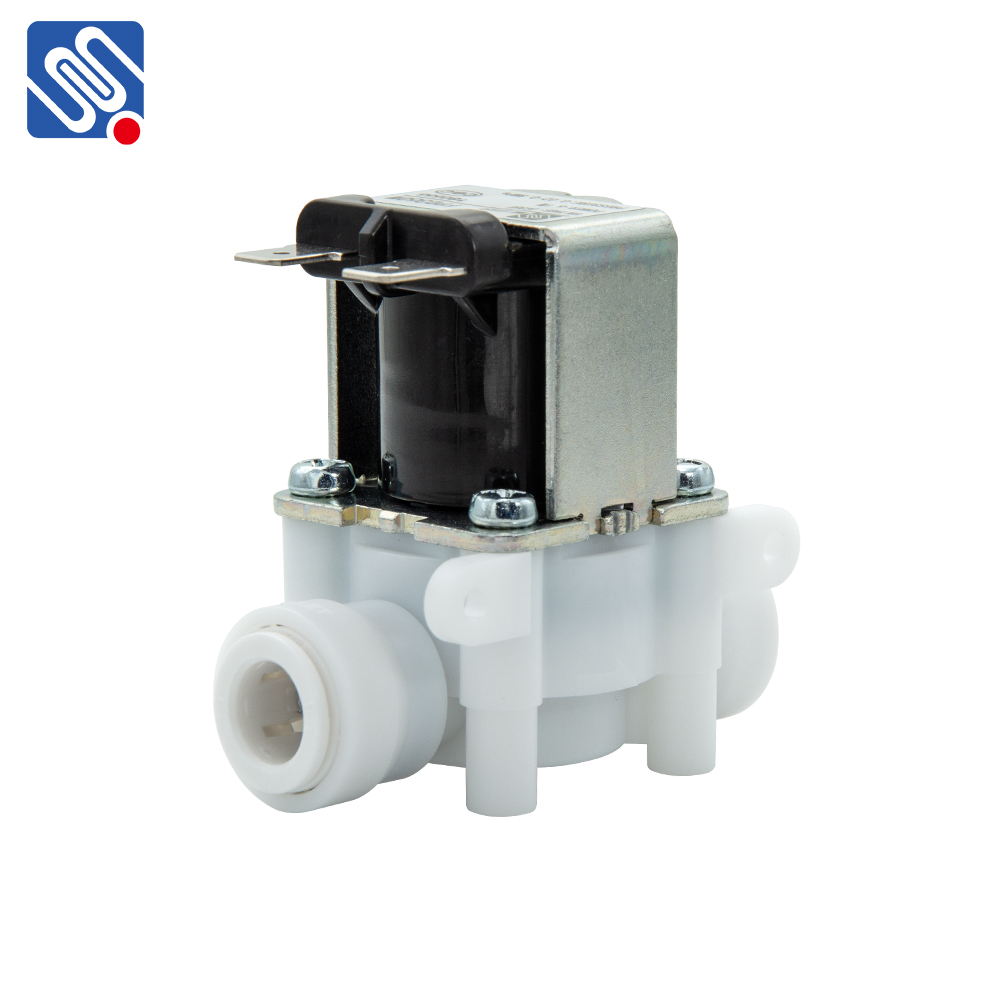A Plastic Solenoid Valve is an electrically controlled valve used to regulate the flow of liquids or gases in a system. These valves are made from plastic materials, offering distinct advantages in certain industries. Plastic solenoid valves have become increasingly popular due to their corrosion resistance, lightweight design, and affordability. In this article, we will explore the workings, applications, and benefits of plastic solenoid valves, along with a discussion on their key features.

What is a Plastic Solenoid Valve? A solenoid valve is an automatic valve that uses an electromagnetic solenoid to control its opening and closing. The solenoid coil is energized or de-energized to move the plunger within the valve body, regulating the flow of fluid. A Plastic Solenoid Valve specifically refers to solenoid valves that are made from various types of plastic materials such as PVC, polypropylene, or PVDF. These plastics are non-corrosive and offer high resistance to chemical attacks, making them ideal for environments where metallic valves would deteriorate quickly. Working Principle of a Plastic Solenoid Valve